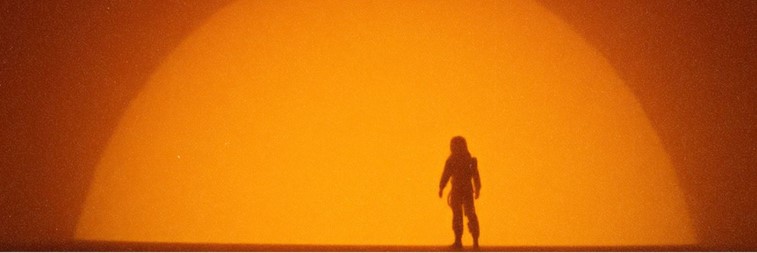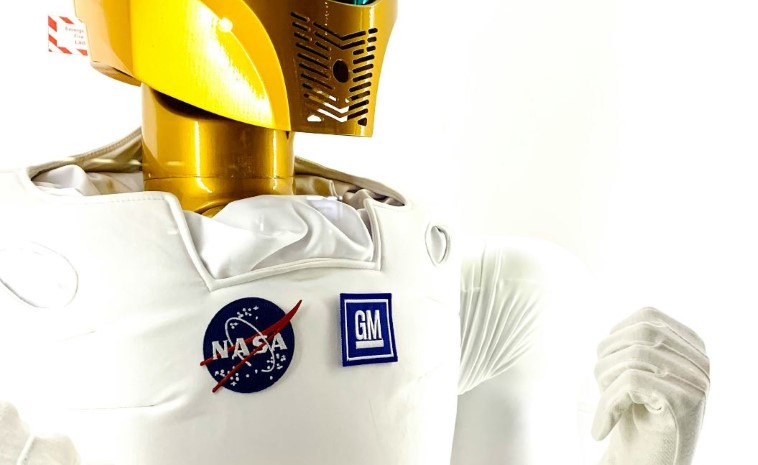Has humanity moved on from the idea of wanting to visit Mars?

In the sixties of the last century, serious assessments were made by experts, and deep convictions of the general public were created that going to the Moon, then to Mars, was a natural sequence of events and a historical inevitability.
Rocket technology was developing rapidly, and it seemed that there were no obstacles in the journey. In truth, the date of the landing on the red planet we call Mars was placed only at the beginning of the 21st century, which the middle-aged and elderly people of that era received with disappointment.
But the year when the great plan will come true has been constantly postponed so that today, when we have already stepped deep into the 21st century, we no longer know when the great event will come true. The enthusiasm of half a century ago has been lost.
In addition, there are those who do not see the reason for such an undertaking, because such a mission would be extremely expensive and risky for the human crew.

Apart from that, there is the killer cosmic radiation from which there seems to be no protection, a long journey of at least six months in a confined space, and the infinite blackness of the cosmos millions of kilometers from Earth – all of which make a trip to Mars neither attractive nor justified.
Imagine being in a slightly larger can deep in space, with no chance of anyone from Earth coming to your rescue. You fly into the unknown, into the inhospitable, cruel, murderously monotonous nothingness.
A human needs water, food, rest, sleep, company, while a robot only needs a battery.

The debate about whether to send a living, breathing human being to Mars or not is long and unreasonable. Everyone has their own arguments that others challenge.
Some talk about problems, and others about the fact that it was precisely problems that led to progress, to prosperity, because that is what we have always done as humanity. But not every journey we have made has been crowned with great progress.
On the other hand, artificial intelligence really has unimagined scopes, robots are getting more skilled and cheaper, and there are more and more jobs that they do better than humans. Sadly and inevitably, we will be replaced in many areas because the logic of business and economics imposes it.
So, the question arises: will the idea of going to Mars become pointless?

In the end, no matter how far we dig, the innate need for prestige, the need to be the first, or simply just the need to conquer something, no matter how senseless it may be, will force us to conquer Mars. There was no clear sense in climbing Mount Everest, conquering the North and South Poles, diving to the bottom of the ocean. Yet humanity did it.
Curiosity is the essence of human existence and exploration has been part of humankind for a long time. The exploration of space, like the exploration of life, if you will, is a risk. We’ve got to be willing to take it. – Gene Cernan, last man on the Moon
Much of what we do is completely pointless. Nevertheless, this inexplicable curiosity might be the only thing left to push us forward in learning more about the vast cosmic space that surrounds us.
Want to read more about the universe? Visit our blog!

